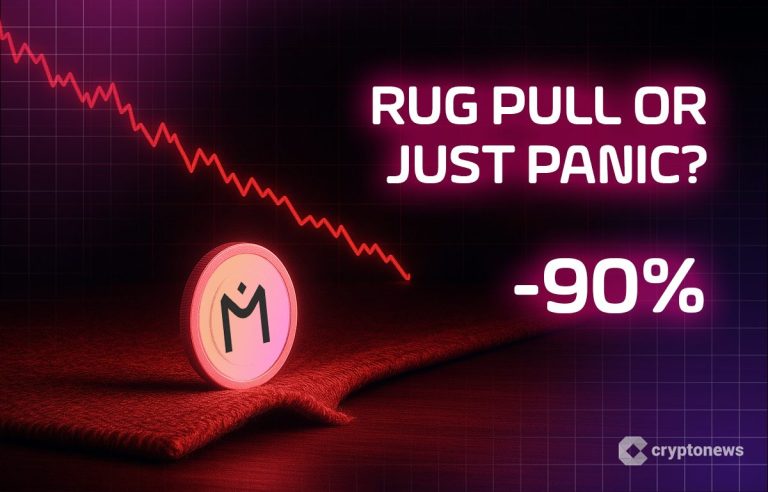Last updated:
 Why Trust Cryptonews
Why Trust Cryptonews

Financial services giant Cantor Fitzgerald has reportedly acquired a 5% stake in Tether, the world’s largest stablecoin issuer, in a deal valued at up to $600 million.
The acquisition, which occurred within the past year, positions the firm to potentially leverage political influence through its CEO Howard Lutnick, who was recently appointed as U.S. President-Elect Donald Trump’s Secretary of Commerce.
The Wall Street Journal reported on Nov. 24 that Cantor Fitzgerald’s involvement with Tether could bolster the stablecoin issuer’s standing amid increasing regulatory scrutiny.
Tether Continues to Face Controversy
Tether has faced ongoing investigations from the U.S. Attorney’s Office for the Southern District of New York regarding alleged use of its stablecoin, USDT, in illicit activities such as terrorism financing.
Amid these challenges, Lutnick’s political clout may play a pivotal role in navigating regulatory hurdles.
Tether’s largest shareholder, Giancarlo Devasini, reportedly expressed confidence in Lutnick’s ability to “defuse threats facing Tether,” according to sources cited in the WSJ.
Lutnick, who has been working closely with Trump as a transition advisor, is vetting candidates for key government roles, some of which could directly impact oversight of Tether.
He is expected to step down as Cantor Fitzgerald’s CEO upon Senate confirmation of his cabinet position.
Cantor Fitzgerald has been one of Tether’s critical banking partners during a time when many financial institutions have distanced themselves from the stablecoin issuer.
The firm holds a significant portion of Tether’s $134 billion reserves, primarily in U.S. Treasury bills, underscoring its importance in stabilizing USDT’s dollar peg.
Lutnick has publicly defended Tether’s financial stability and emphasized the utility of dollar-backed stablecoins in countries facing high inflation, such as Argentina, Turkey, and Venezuela.
Additionally, Cantor Fitzgerald’s recent foray into Bitcoin lending, announced at the Bitcoin 2024 conference, highlights its growing involvement in the crypto space.
Lutnick revealed plans to launch a $2 billion Bitcoin lending program, aimed at providing leverage to Bitcoin holders.
Stablecoin Market Remains Unregulated in the US
Notably, the stablecoin market, currently valued at over $140 billion, remains unregulated in the United States.
Just recently, Senators Cynthia Lummis and Kirsten Gillibrand joined forces to propose a new bill aimed at regulating stablecoins.
Under the proposed legislation, payment stablecoin issuers would be subject to reserve and operational requirements, including the creation of subsidiaries dedicated to issuing stablecoins.
The bill defines payment stablecoins as digital assets pegged to the U.S. dollar that are intended for use as a means of payment or settlement.
Conversion to dollars would be an obligation for issuers, and the asset itself would not be classified as a security.
Non-depository trust companies registered with the Federal Reserve Board of Governors or depository institutions authorized as national payment stablecoin issuers would be eligible to become issuers, with both state and federal regulators overseeing their operations.
The United Kingdom is also expected to implement regulations for stablecoins within a matter of months, according to Dante Disparte, the global head of policy at Circle.
Meanwhile, Singapore has established formal laws for the stablecoin industry.



